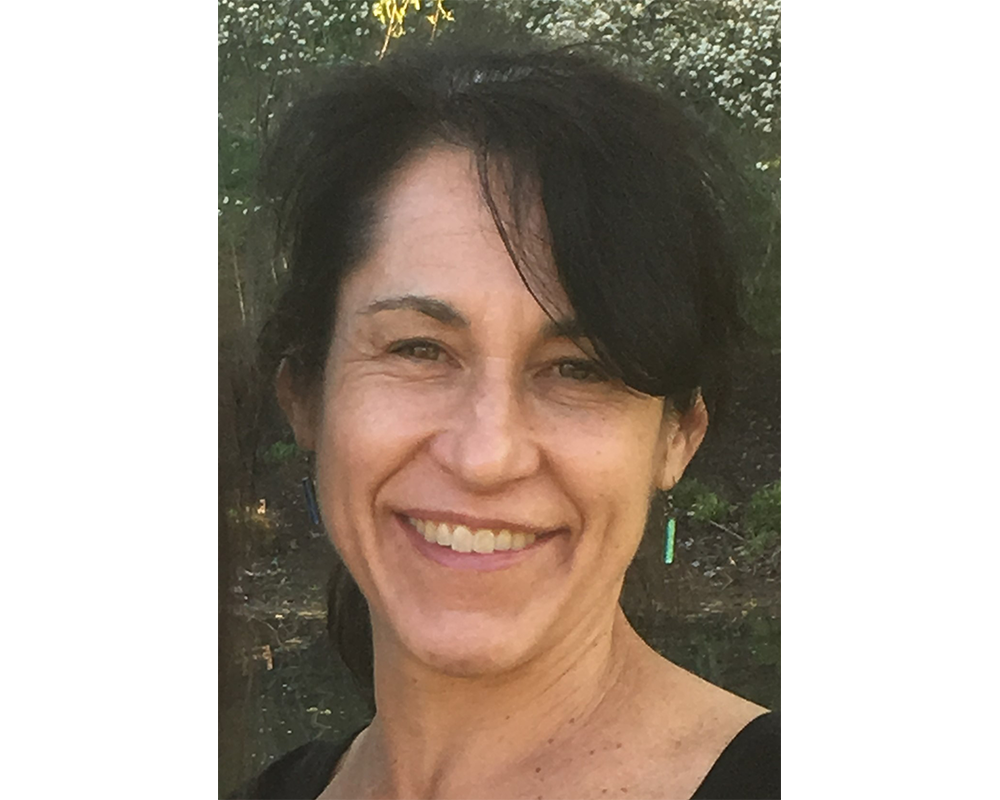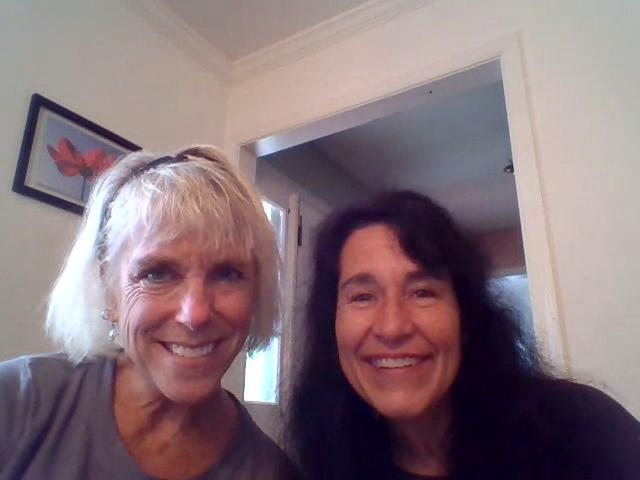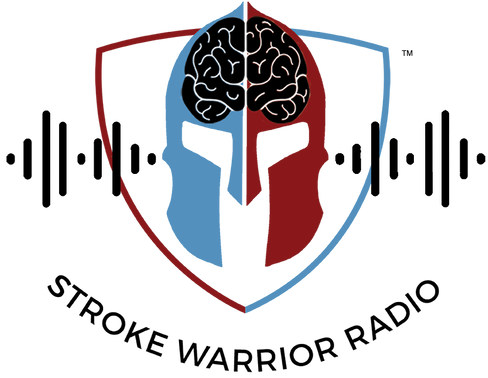Elizabeth Cottone, PhD
Be sure to scroll down to listen to media interviews with Beth!
Following a massive cerebellar hemorrhagic stroke in 2017, Elizabeth Cottone, PhD founded her stroke and brain insult support group, which she continues to lead and manage. Beth is a member of the Commonwealth of Virginia’s Stroke System Task Force where she serves on a subcommittee focused on sociodemographic and racial discrepancies in stroke care. Beth is also a board member at Kandu, a California-based company that supports all medical, physical and emotional needs of stroke survivors. Beth also works as a stroke survivor advocate and has written two books, all while committing fully to PT, OT, speech therapy, and other rehabilitation activities.
Beth works hard to reinvent herself, continuing to take on new challenges like horseback riding, singing, and, yes, unloading the dishwasher. She is also relearning basic skills like walking, typing, brushing teeth and hair, and swallowing, to name only a few. For an achievement-oriented woman in her fifties, these adjustments continue to be as difficult as they can be rewarding.
Beth is committed to working hard to recover, trying to fully understand what it means to go slowly, and appreciating all the silver linings as she recognizes them, one by one.
Prior to her stroke, Beth worked for 11 years as a research scientist (Assistant Research Professor) at The Center for Advanced Study of Teaching and Learning (CASTL), in the University of Virginia’s School of Education and Human Development. She is fascinated with the process by which people survive and thrive after traumatic change.
Her research interests include dyslexia, stroke, investigating pathways from economic disadvantage to poor outcomes for children, and understanding families in poverty through a resilience lens.
Beth’s FUN-R (Foundation Underlying New Reading) method incorporates her broad experience as a research scientist and as a tutor for students with dyslexia and other learning disabilities.
Beth has discovered similarities among stroke survivors like herself and people with dyslexia and ADHD. She works to support recovery, advocacy and education for all people who have undergone trauma.
Beth’s resume (PDF download)


Beth Featured on NPR StoryCorps
WMRA, June 22, 2021
“In 2017, ELizabeth Cottone was an Education Research Scientist at UVA, concentrating on Special Education. She had just accepted a new position as the director of a local non-profit in Charlottesville when she suffered a cerebellar hemorrhagic stroke that put her in a coma. At the time, she was also an accomplished runner in peak physical condition, having recently completed her 40th marathon.
Her friend, Jeanmarie Badar, who taught with Dr. Cottone and shares her love of running, asked her to StoryCorps to share the dramatic experience of her stroke and her ongoing recovery.”
Beth Interviewed on the Recovery After Stroke Podcast
Listen to Beth’s interview about rebuilding her life after cerebellar stroke on Bill Gasiamis’ Recovery After Stroke podcast.
Beth Interviewed on the Let's Taco Bout Speech Podcast
Hear Beth’s interview with the speech therapist podcasters on Let’s Taco Bout Speech.
Stroke Warrior Radio Interviews Beth
Listen to Beth’s interview about on the Stroke Warrior Radio show.

Beth Cottone is smart, kind, and passionate—moreover, she is someone who knows firsthand about overcoming challenges. Several years ago, Beth had a brain aneurysm that caused a massive stroke. With powerful determination, she has spent years building back her physical strength and redefining herself as a person.
Jeanmarie Badar, PhD